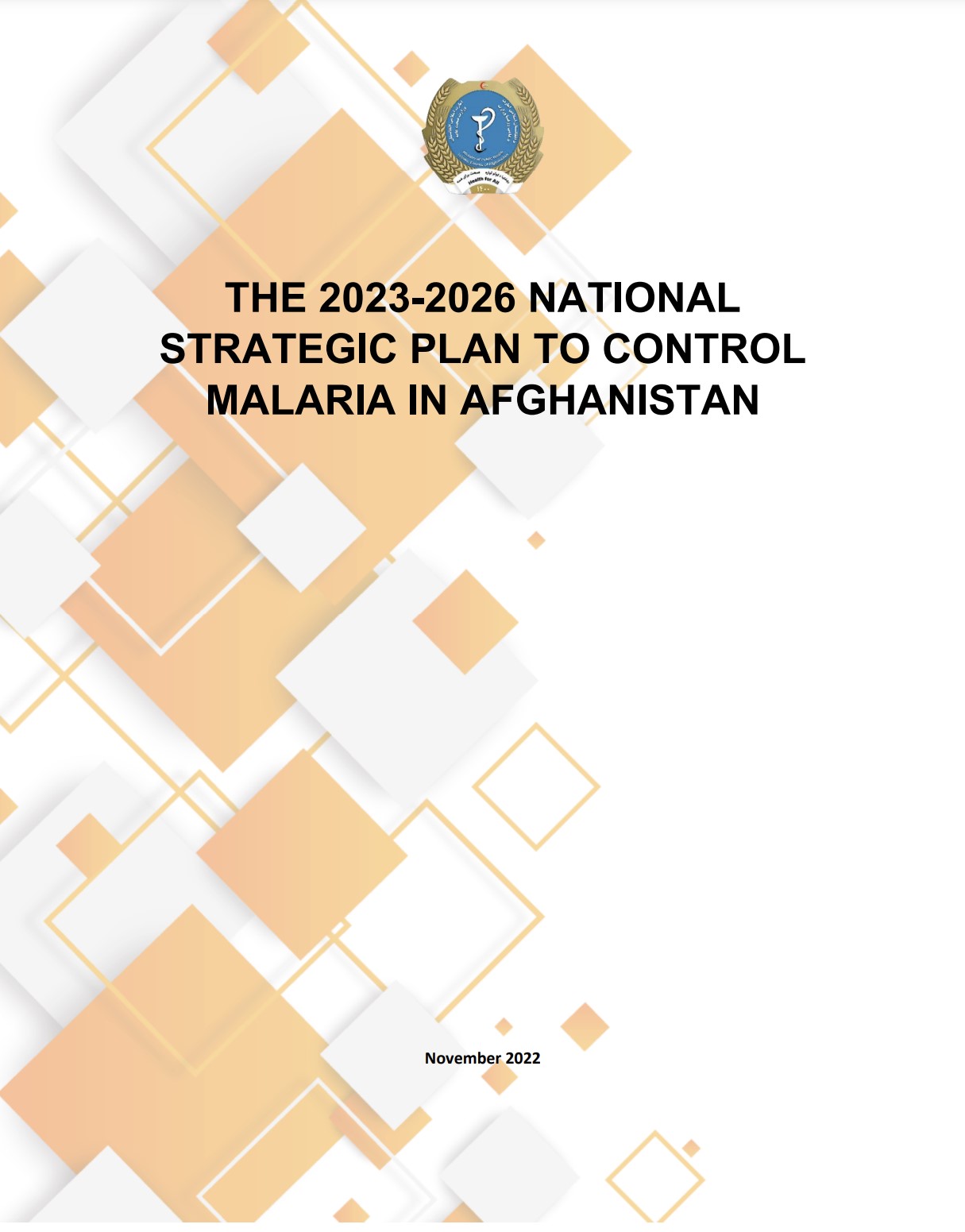Last Updated: 12/12/2024
Development of advocacy strategies to support malaria eliminating programs maintain funding and/ or target specific roadblocks to country elimination
Objectives
The overall objective of this project is to catalyze and sustain adequate and flexible domestic financing for malaria elimination at national and sub-national levels.
University of California San Francisco (UCSF), United States
One of the greatest threats to malaria elimination and prevention of reintroduction is the reduction of political and financial support from global donors, with an insufficient commitment from endemic countries to fill the gaps. The consequential financing gap between donor and domestic financing could result in a costly malaria resurgence and inhibit progress toward global malaria eradication.
Most NMCPs do not have the staff, skills, time, or tools to effectively advocate for domestic resource mobilization. Strategic, targeted advocacy for increased domestic financing for malaria elimination can secure political and financial commitment and help close the funding gap at national and sub-national levels, preventing resurgence and a loss of gains made under previous investments.
The MEI has adapted a framework, used previously by HIV advocates and organizations at both global and country levels, which provides a structure to systematically plan and execute advocacy towards specific objectives. Using economic evidence generated in-house, the advocacy team collaborates with malaria-eliminating countries to support their budget request with strong arguments and advocacy tactics that target national and/or provincial decision-makers, the private sector, and others who can influence domestic financing. Subsequent implementation support can involve developing tailored advocacy materials or linking country-level advocacy strategies to regional and global efforts.
Jul 2015 — Dec 2018


